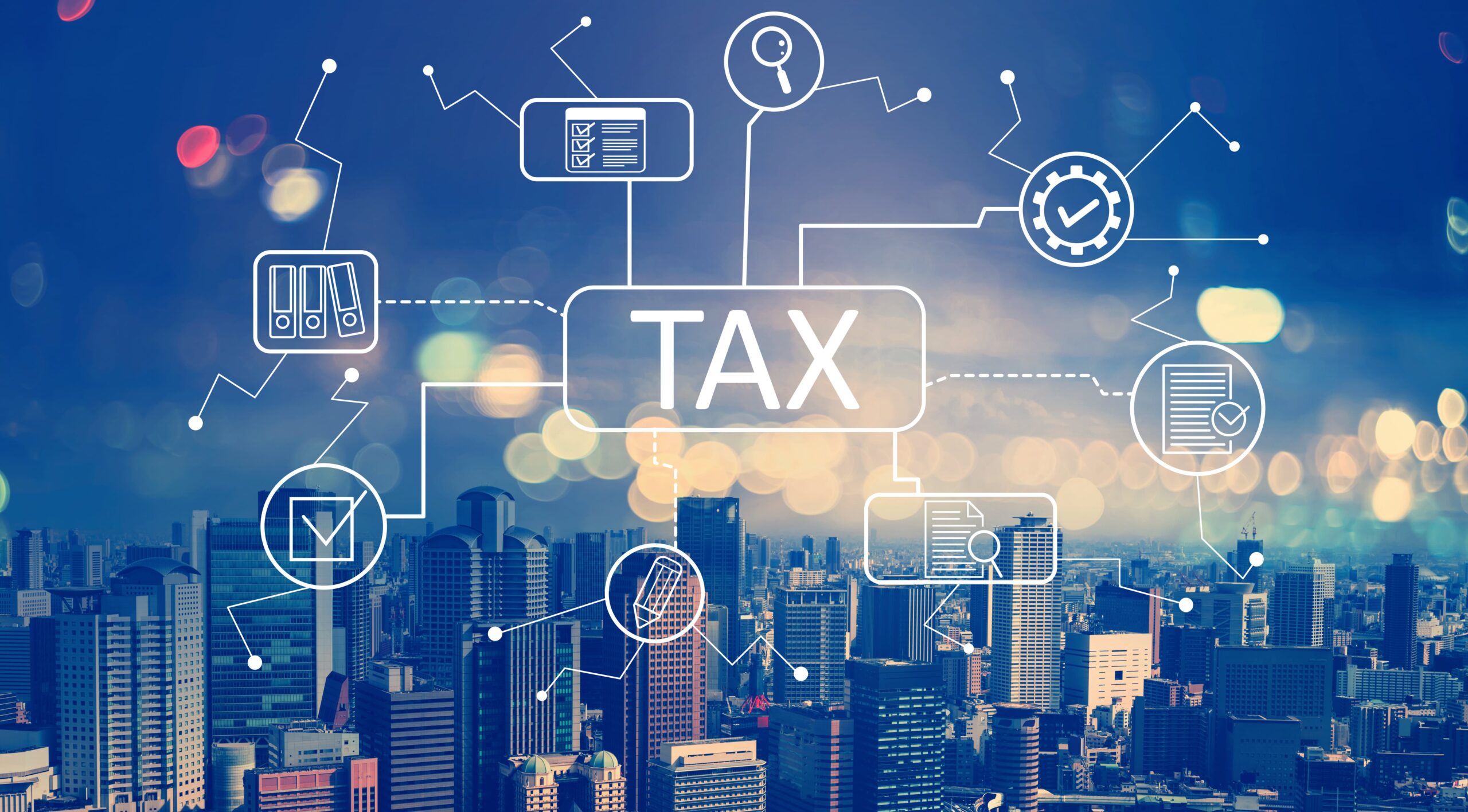How much tax will a company have to pay on its profits in Japan?
This is a question we are often asked by clients. Of course, this is essential information for anyone starting a business in Japan, but this is much more difficult to answer accurately than in other countries. The reasons for this are as follows.
- Tax rates vary depending on the size and profit level of the company.
- For example, for small and medium-sized companies with capital of 100 million yen or less, the national tax rate is 15.0% if taxable profit is 8 million yen or less, and 23.2% for income over 8 million yen.
- Accounting profit and taxable profit are sometimes defined differently.
- Japanese tax law sets its own rules for some income and expenses, and companies must follow these for tax purposes. Therefore, taxable profits are not necessarily the same as accounting profits.
- Local governments also impose taxes on corporate profits.
- Corporate profits are taxed not only by the national government, but also by local governments such as prefectures and municipalities. Different local governments may have different tax rates.
- Fixed taxes by local governments
- Even if a company does not make a profit, it still has to pay fixed taxes to the local governments.
As mentioned above, the tax amount may vary slightly depending on the size of the business and the municipality in which it is located. Therefore, the ratio of tax to profit, called the “effective tax rate,” is used to predict how much tax the company will effectively have to pay. This should give you a rough idea of the tax burden, excluding fixed taxes. In general, the effective tax rate for small and medium-sized companies is about 25% for pre-tax profits of 8 million yen or less, and about 35% for the portion exceeding 8 million yen. On the other hand, the effective tax rate for companies other than SMEs is about 30%.

